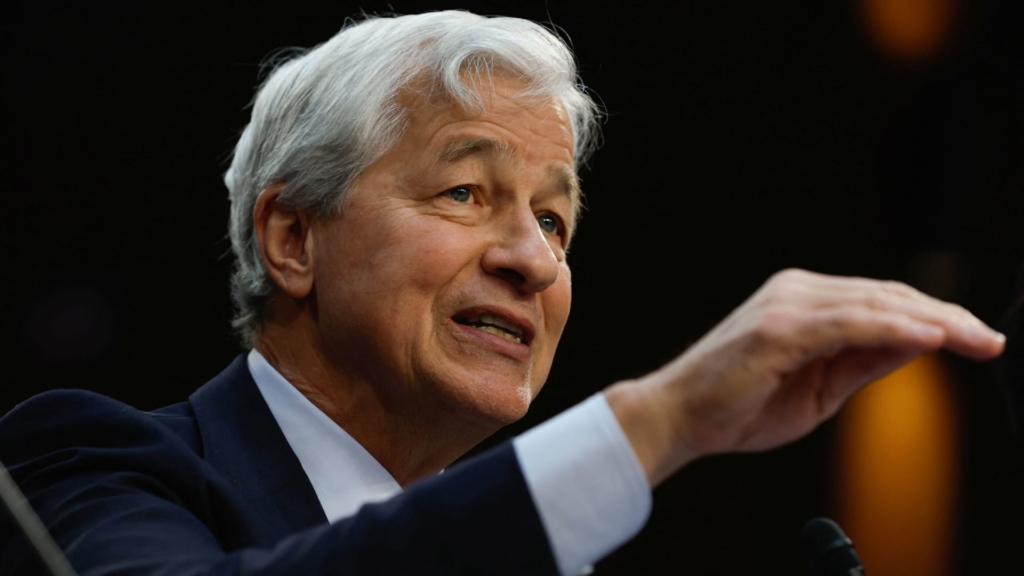Jamie Dimon, the CEO and Chairman of JPMorgan Chase, expressed on Friday that he anticipates a decline in corporate earnings estimates as a result of the ongoing uncertainties stemming from President Donald Trump’s trade negotiations.
During a press call to review the first-quarter earnings, JPMorgan’s Chief Financial Officer Jeremy Barnum indicated that he saw no reason to alter the bank’s guidance, which is reliant on developments in the economy and interest rates.
Dimon later added to this sentiment by noting, “I would just add companies, some have taken away their guidance. I expect to see more of that,” highlighting broader concerns in the corporate sector.
He mentioned that analysts have already lowered their earnings estimates for S&P 500 companies by approximately 5% in recent days, predicting that this trend will continue. “I think you’ll see that come down some more,” he remarked.
Expanding on his expectations, Dimon indicated that he foresees analysts reducing their S&P 500 earnings growth estimates from 5% to flat, and potentially to a decline of 5% within the next month.
As earnings reports roll in over the coming weeks, management teams will have the opportunity to update investors on their outlooks amid prevailing uncertainties. Financial markets have experienced significant fluctuations since Trump introduced a comprehensive set of tariffs on U.S. trading partners last week, exacerbated by rising tensions between the U.S. and China.
Companies with consumer exposure, including major players like Walmart, Delta, and Frontier Airlines, have already adjusted parts of their guidance to reflect a more cautious outlook.
This ambivalence has led clients to hesitate in making acquisitions and investments, opting instead for a wait-and-see stance, as noted by Dimon and Barnum.
Anecdotal evidence supports this view, with Dimon stating, “people are pulling back on doing deals, not just big ones, but middle-market companies are being very cautious about investment.”
Barnum echoed these concerns, explaining that businesses are shifting away from long-term strategies in favor of optimizing their supply chains in the short term. “This level of policy uncertainty is one that makes it hard to plan for the long term,” he added.
In contrast, consumer behavior has remained strong in the first quarter, and recent trends indicate an uptick in purchases as consumers rush to buy ahead of potential price increases due to tariffs, according to the CFO.


























